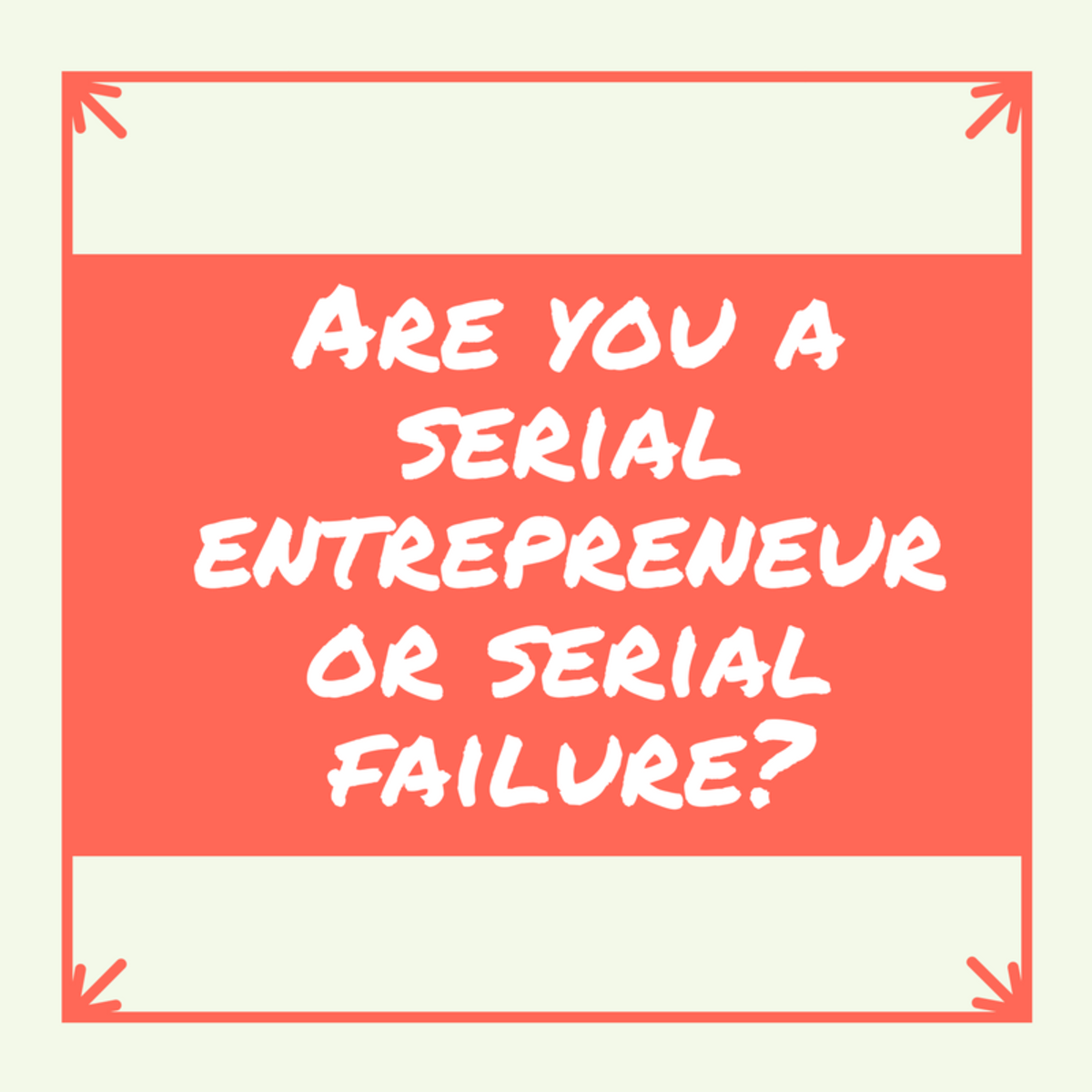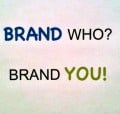- HubPages»
- Business and Employment»
- Small Businesses & Entrepreneurs»
- Entrepreneurship
What It Takes To Become An Entrepreneur Today

Build a better mousetrap and the world will beat a path to your door.
This phrase, attributed to Ralph Waldo Emerson, has become a modern metaphor for innovation. But innovation alone does not an entrepreneur make. Nor will the world beat a path to anyone's door to buy anything if they don't know about it. The mousetrap has to go to them, and that's where the innovator must become an entrepreneur. The new mousetrap has to be manufactured on a large scale for low cost, distribution methods figured out, price margins set, and on and on and...well, you get the point. But what makes a person become an entrepreneur? What sets them apart from others?
Studies attempting to answer these very questions have been conducted by many institutions and lots of individuals; really smart folks with brains the size of melons and pockets full of grant money that might have been better spent on studying the mating habits of the African Tsetse fly. When you mash-up all the results you come up with a formula that looks like this: general and specific knowledge plus opportunity recognition plus the promise of financial or personal reward plus exploitation equals entrepreneurship. To put it simply, the entrepreneur comes, he sees, he conquers, and then he brings his idea to market.
What the studies are really trying to get at is why one person is able to recognize an opportunity and another isn't. Essentially, it's your “human capital.” Leave it to an economist (Theodore Schultz) to come up with such a cold term to denote the economic value of a person's skill set. The term always makes me think of a dictator with a basement full of imprisoned dissidents. But the term is not inaccurate. Your human capital is the thing your resume' attempts to sell or identify; your knowledge, experience, personality, ideas, and whatever else about you that would make you a valuable employee (or a successful entrepreneur). But the studies don't answer the question of why a person becomes an entrepreneur or how they do it. And there's the rub.
It's rather like having a road map but not knowing how to drive.
Entrepreneur and lecturer at MIT, Cameron Herold, makes the case in a TED talk that the school system should be pointing kids toward entrepreneurship when they show entrepreneurial traits, like getting bored in school, failing classes, and being at odds with peers: These kids might be entrepreneurs, but instead of encouraging them on an entrepreneurial path, parents hire tutors for them and force them into preconceived ideas of what society presumes to be good jobs. Herold further points out that a majority of entrepreneurs had similar difficulties in school, as well as ADD and bipolar disorder—nicknamed the CEO disease— including Ted Turner, Steve Jobs, all three founders of Netscape, and on and on.
If you share those traits, congratulations, you might be an entrepreneur. Lets just hope your parents didn't fill you with Ritalin and kill the little entrepreneur within.
The bottom line is if you get a great idea for innovation, all the studies in the world cannot presume what you will do with it. Forget scholarly studies.
Either do or do not. That—and that alone—determines if you are an entrepreneur.








